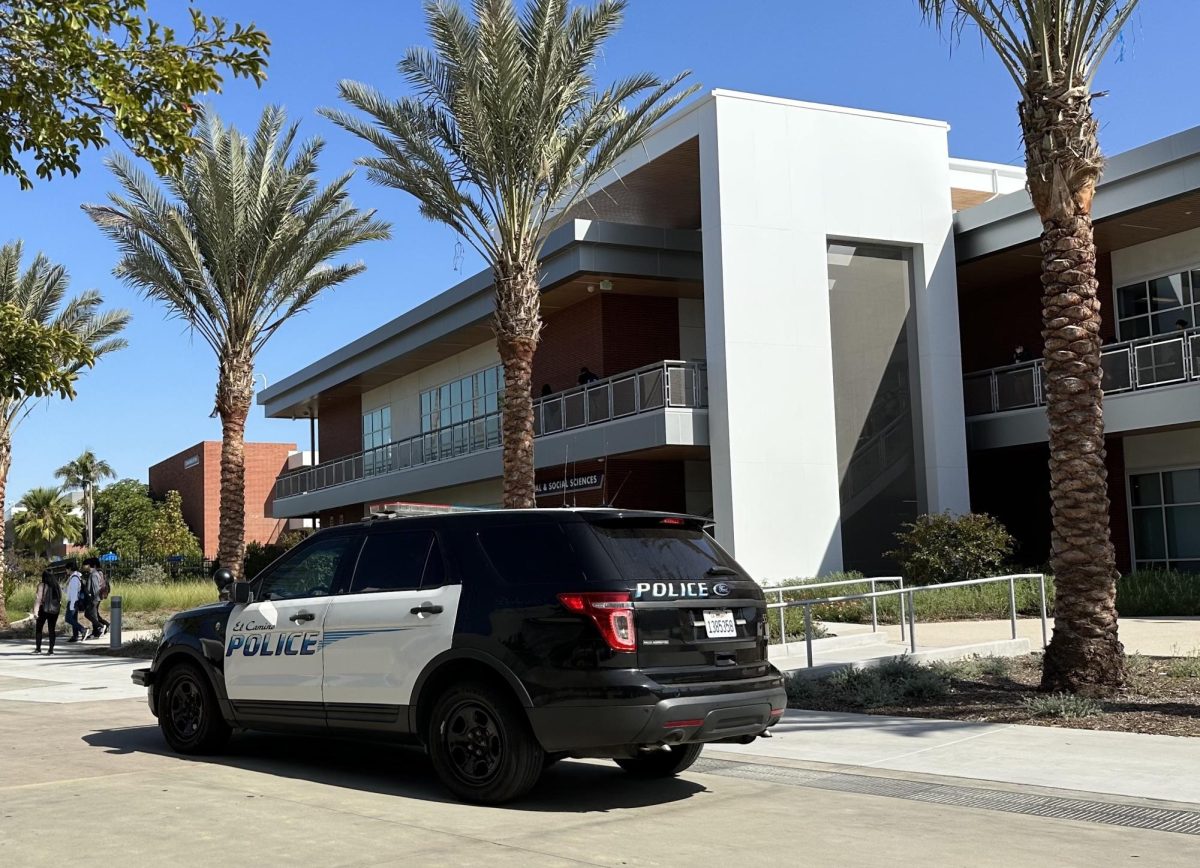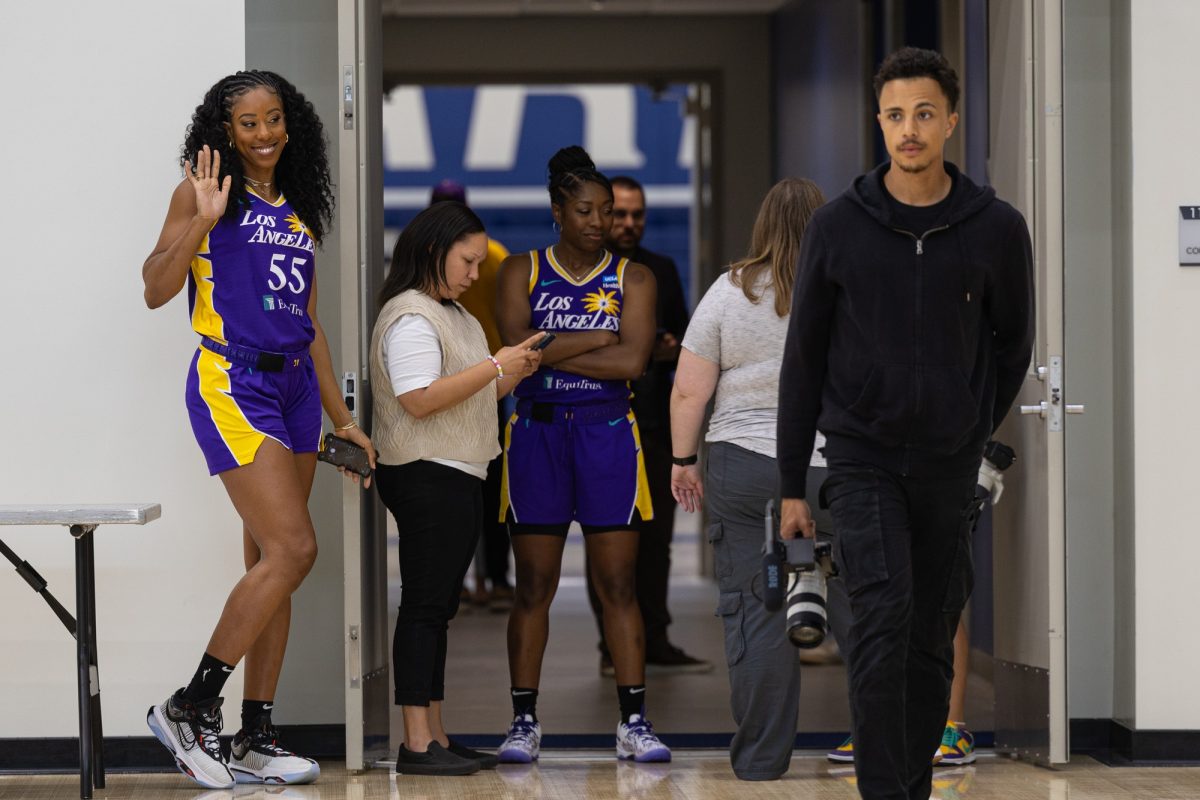Success rates, which are the percentage of students who pass a course with at least a C, are lower in EC’s online classes than in on-campus courses, according to president Tom Fallo’s newsletter.
Some faculty members said they believe that one of the reasons success is lower when it comes to distance education is because taking off-campus courses is not appropriate for all students.
“Students who are not adept with computers and who need a lot of hands-on help are better off taking a traditional, on-campus class,” Kriss Stauber, online business professor, said.
There are also numerous students who are taking online classes for the first time and are unfamiliar with the programs, Alice Grigsby, learning resources unit director, said.
First-time online students are unsure of what to expect, such as the materials they may need, the amount of effort they need to put in and sometimes how to work certain programs for their classes, Grigsby said.
“The teachers don’t deal with the technicality of online classes. If a student doesn’t know how to get online or they don’t know how to operate a program, they get frustrated and I can’t help them,” Carmen Hunt, professor of communication studies, said.
According to the newsletter, the distance education faculty recently gathered and discussed issues ranging from difficulty with dropping students online, students beginning the classes late and students not being able to purchase necessary materials early enough in the semester.
The newsletter also said that in a previous survey of distance education students, 15 percent of the participants of the survey indicated that students did not attend their orientation for the class or for the online format.
This is important because students need to attend every class orientation or required meeting in order to maintain regular contact with their professor, Stauber said.
The faculty will come together again today for another workshop, which they call “Online Retention and Success: Best Practices,” to discuss further issues and strategies on how they will be able to assist their distance education students, Grigsby said.
In addition to the workshop, some faculty members have already taken a step to help improve success rates for distance education.
“I try to always respond to my students and their messages. If they have any questions, I have a chat room that runs 24/7 where they can ask me anything or tell me some of their concerns with the class and I respond back to them,” Hunt said.
In order to help students succeed in distance education courses, Stauber advises those who are both new or already taking those classes to take advantage of hands-on help that is available in open labs and to establish a regular study schedule, just as if they were taking an online course.
“Students who take online classes must be self-disciplined and be proactive about getting help when needed,” she said.





